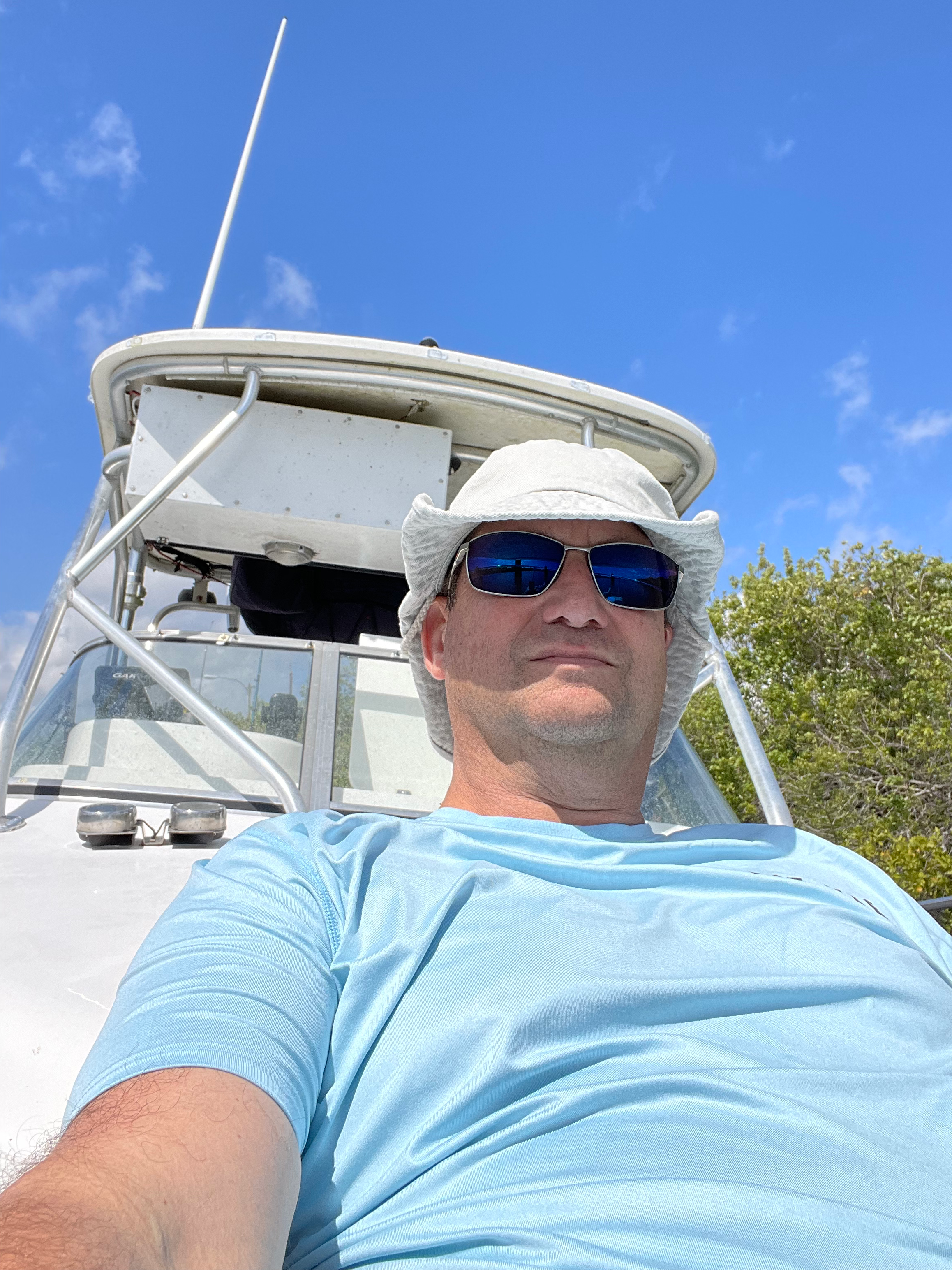Step-by-Step Breakdown of the Scuba Certification Journey
- Robert Attama

- Jul 17, 2025
- 4 min read
Getting scuba certified opens the door to a world of underwater exploration. Whether you want to dive into vibrant coral reefs or explore intriguing shipwrecks, having a scuba certification is your ticket to adventure. In this blog post, we will take a detailed look at the scuba certification journey, from choosing a certification agency to your first dive.
Understanding Scuba Certification
Scuba certification is the process of training and testing to ensure that individuals can dive safely and effectively. There are various organizations offering scuba certifications, such as PADI (Professional Association of Diving Instructors), SDI (Scuba Diving Internationall), NAUI (National Association of Underwater Instructors), and SEI (Scuba Educators International). Each offers different levels of training and specialties.
Aside from learning safety protocols, you will also engage in different skill sets essential for diving. These include buoyancy control, underwater navigation, and emergency procedures. The certification is recognized globally, giving you the freedom to dive in various locations around the world.

Starting Your Scuba Certification Journey
To embark on your scuba certification journey, you need to start with a ground course. Most certification courses begin with theoretical learning, often conducted in a classroom or online. You will learn about topics such as:
Basic physics and physiology of diving
Environmental awareness
Scuba equipment
Understanding dive tables
It's recommended to choose a program that offers a mix of theory and practical training. Ensure that the agency you select is reputable, and check for reviews or testimonials from past students.

How long does it take to become a certified diver?
The time it takes to get a scuba certification can vary based on the course you choose and your schedule. Generally, scuba certification courses can take anywhere from a few days to several weeks. Here’s a breakdown:
Open Water Course: Most basic scuba courses, like the Open Water Diver course, typically require 3-4 days. This includes classroom instruction, confined water training, and open water dives.
Advanced Courses: Courses that go beyond basic certification, such as Advanced Open Water or Specialty courses, can take an additional 1-2 weeks depending on the specific skills being taught.
Online Courses: Many agencies offer online learning options. If you choose this route, you can complete the theory sections at your own pace, which may reduce the overall time needed.
While the total time commitment varies, the end goal is always the same: to ensure that you’re prepared and knowledgeable enough to enjoy diving safely.

Practical Training: Confined Water and Open Water Dives
The practical part of your scuba certification consists of confined water training followed by open water dives.
Confined Water Training
This occurs in a controlled environment, often a swimming pool. Here, you'll practice essential skills such as:
Setting up your scuba gear
Clearing your mask
Regulator recovery
Emergency procedures
Instructors provide support and feedback, ensuring you gain confidence before venturing into open water.
Open Water Dives
Once you're proficient in confined water, it’s time for open water dives. During these dives, you’ll apply what you’ve learned in real underwater environments. Typically, you’ll perform at least four open water dives as part of the certification requirements. Instructors will guide you, monitoring your performance and ensuring you are safe.
This experience is exhilarating. You'll have a chance to explore marine life and practice your skills, all while diving in beautiful, natural settings.
Challenges and Triumphs of Scuba Training
Like any journey, the scuba certification process can have its challenges. Some common hurdles include:
Nervousness Underwater: It’s normal to feel anxious the first time you’re submerged. Experienced instructors will guide you through these feelings, helping you build confidence.
Physical Demands: While scuba diving is accessible, some individuals may find the physical endurance required a bit tough at first. Regular practice will help combat this.
Equipment Familiarity: Learning how to operate dive gear can be tricky. Take your time to familiarize yourself with your equipment under the guidance of an instructor.
At the end of it all, facing these challenges often leads to a sense of accomplishment. Completing your certification means transcending your comfort zone and experiencing one of nature’s most beautiful environments.
Continuing Your Scuba Education
Once you are certified, your journey into diving has just begun. Continuous education is vital for safety and enjoyment. Many divers choose to further their training by taking advanced courses. Options include:
Advanced Open Water Diver: This qualifies you to dive deeper and introduces you to specialized diving activities, such as night diving and underwater navigation.
Rescue Diver Certification: Focuses on safety and emergency skills, making you better prepared for potential underwater challenges.
Specialty Courses: From underwater photography to wreck diving, these courses let you dive deeper into your interests.
Consider joining local diving clubs or participating in group dives to network with other divers. The scuba community is welcoming, and you’ll find many like-minded individuals eager to explore the underwater world together.
Final Thoughts on the Scuba Certification Pathway
Your scuba certification journey is not just about receiving a plastic card; it’s about fostering a love for the ocean. Each time you dive, you deepen your appreciation for marine life and the environment.
Dive within your own pace, embrace the challenges, and enjoy the fruits of your labor. By committing to your scuba certification journey, you are setting the stage for countless adventures and memories in aquatic wonderlands. If you want to take the next step in your diving experience, be sure to check out the scuba certification process available through various agencies.
Happy diving, and let the adventures begin!











Comments